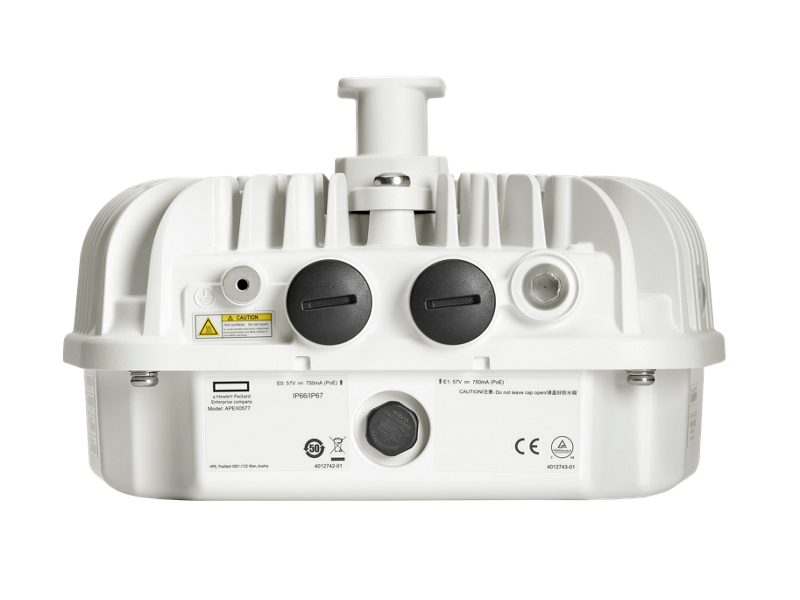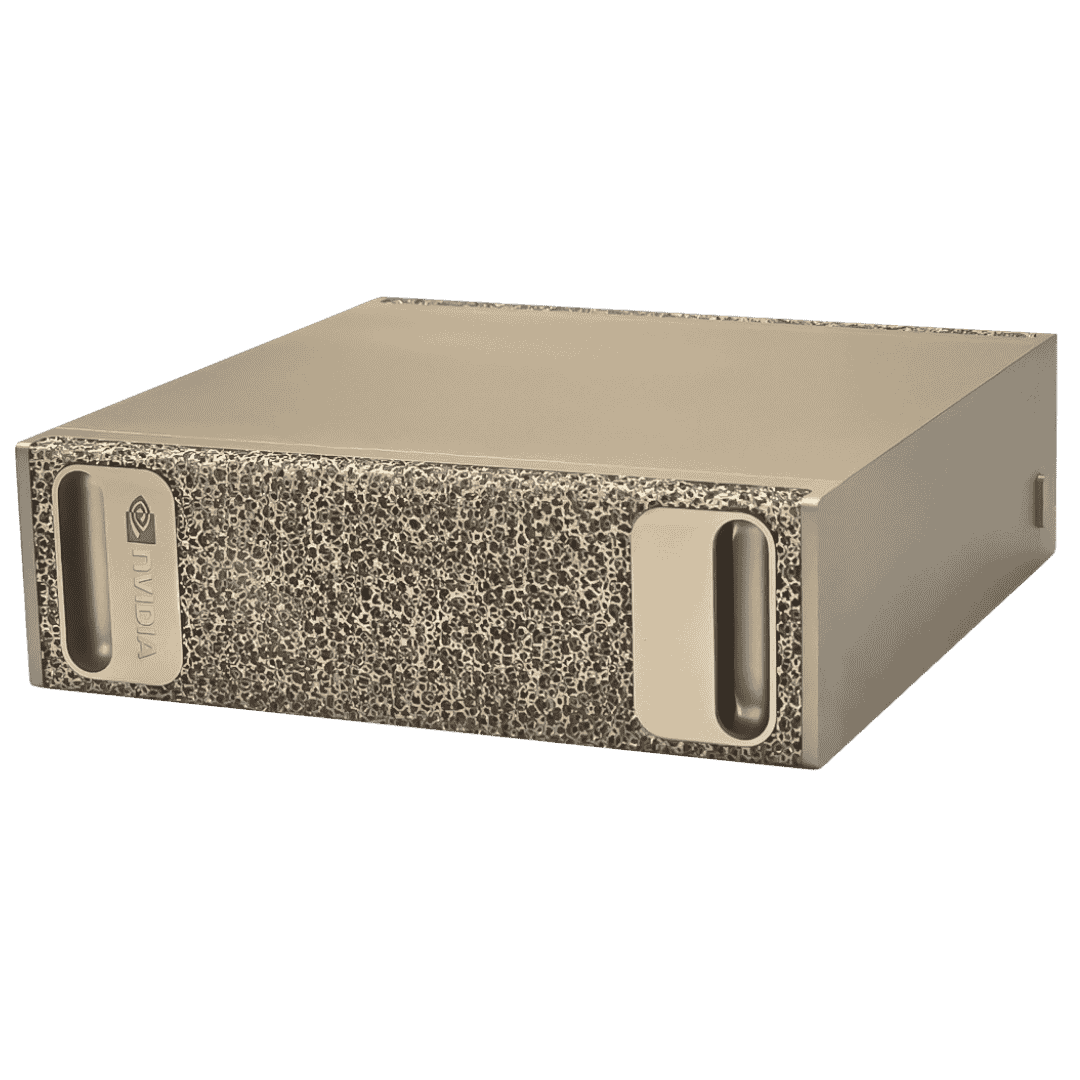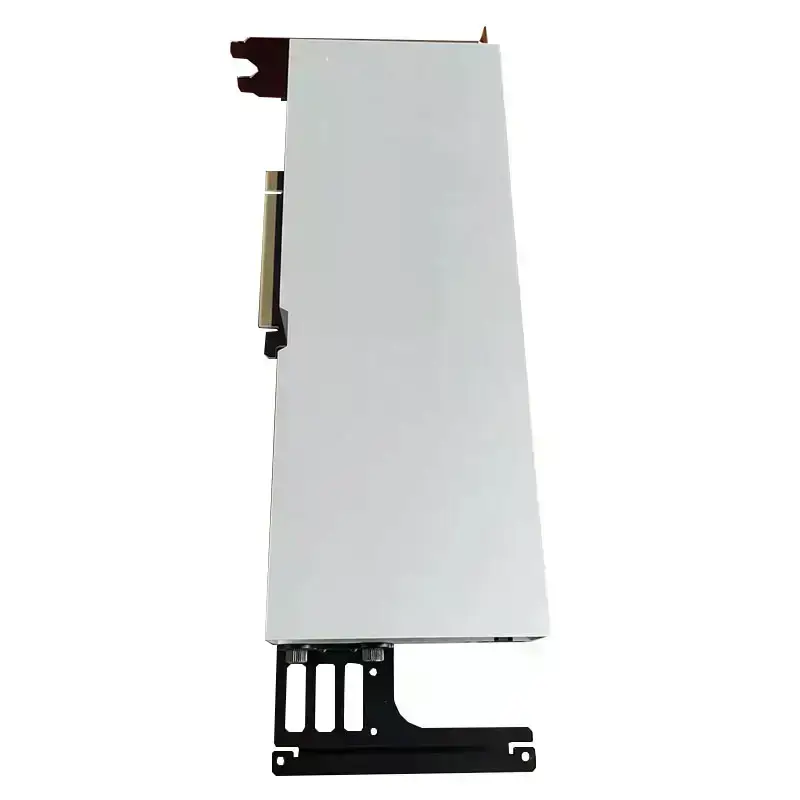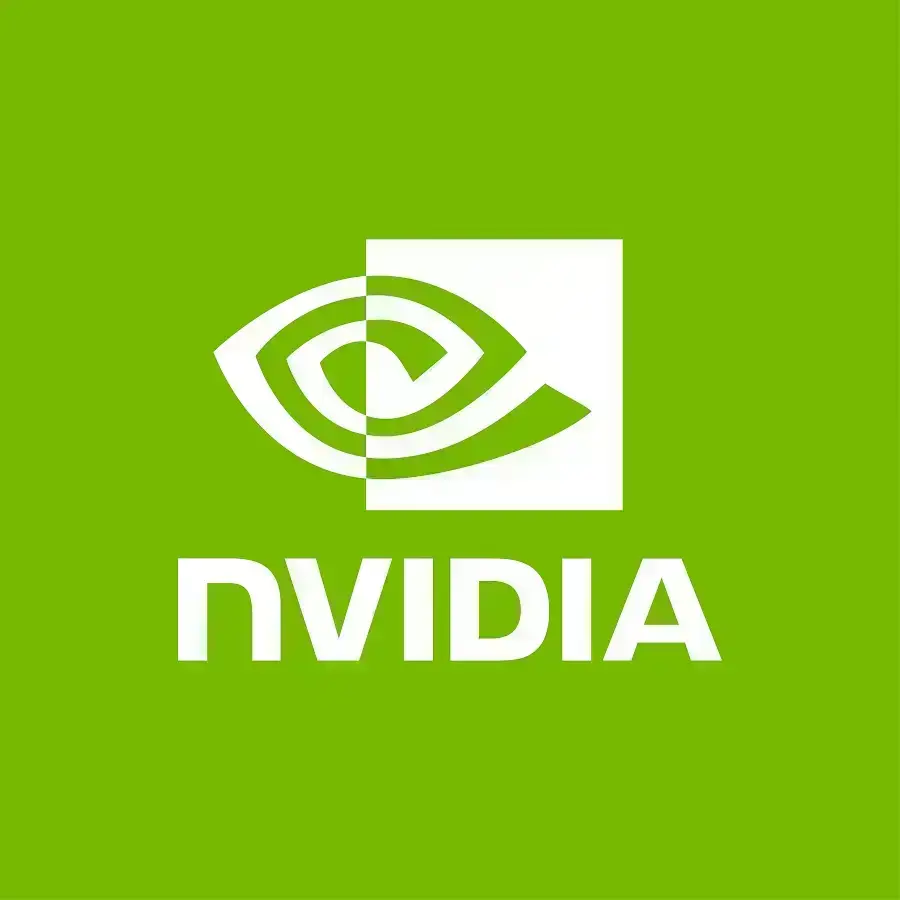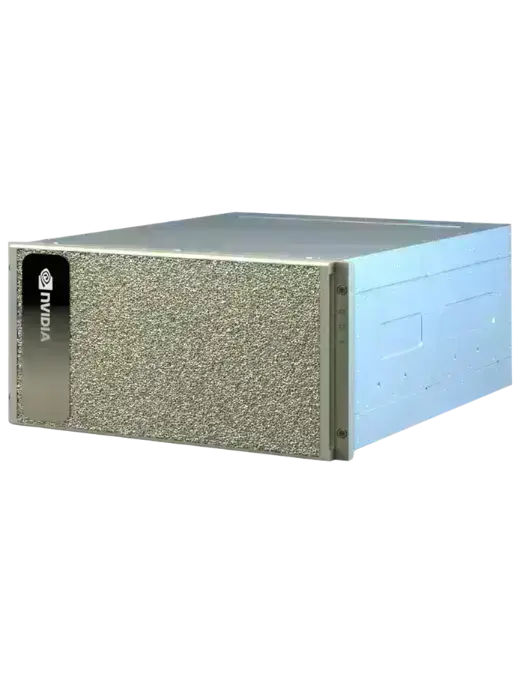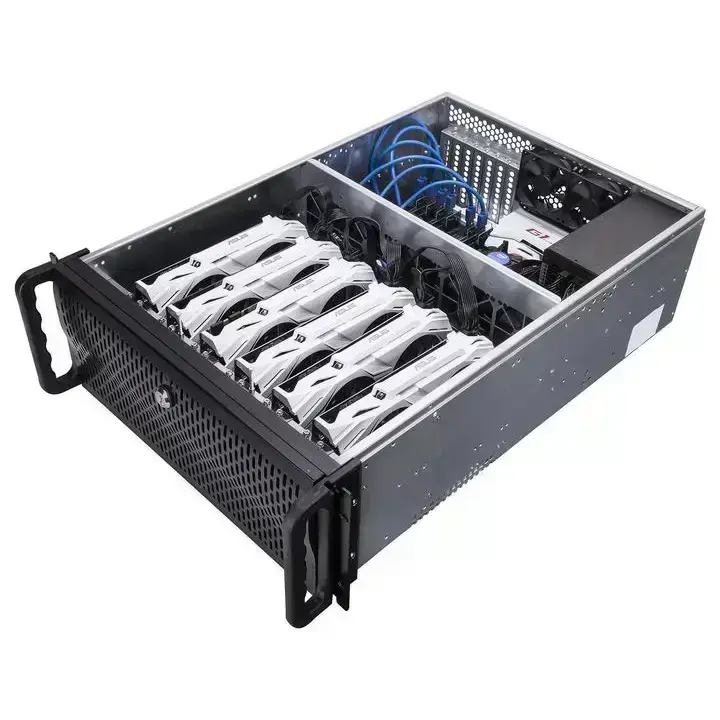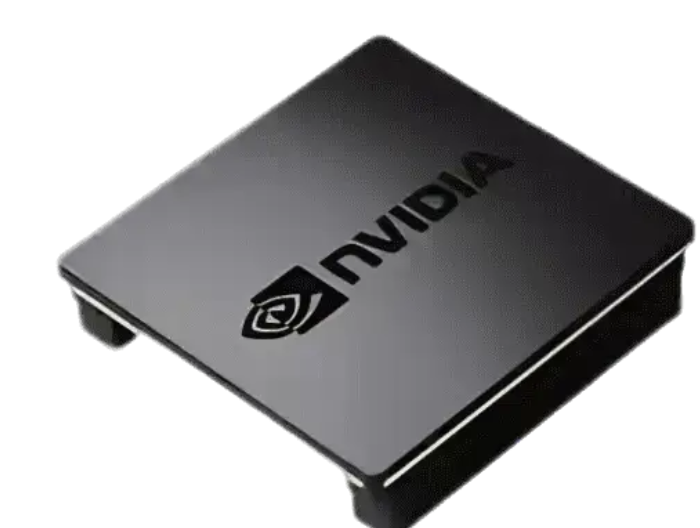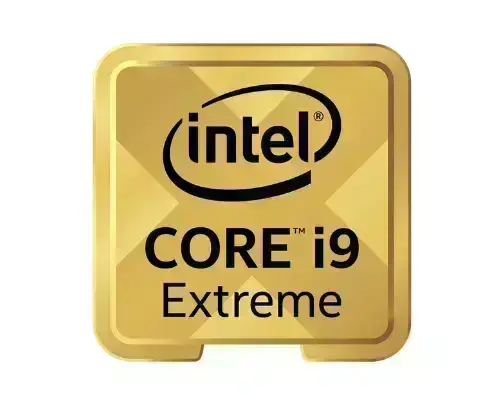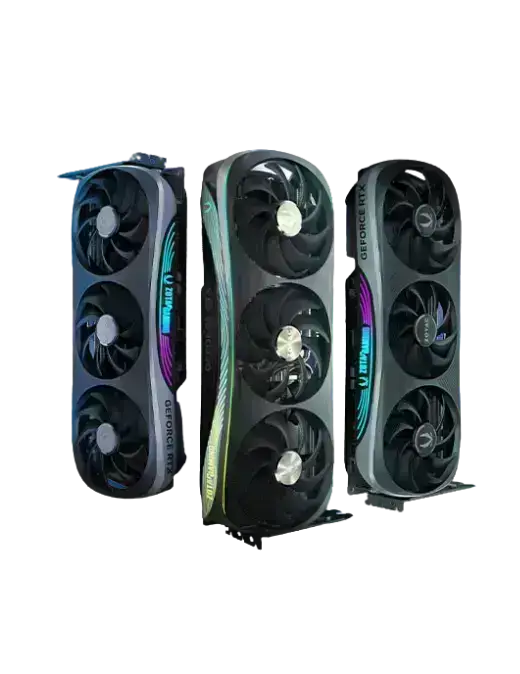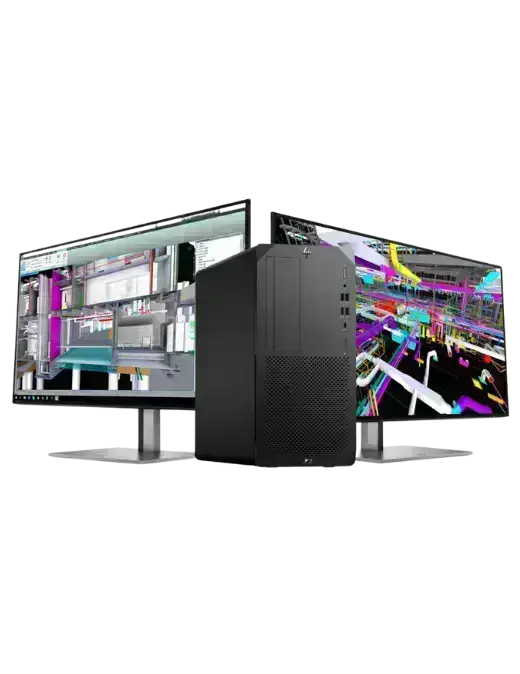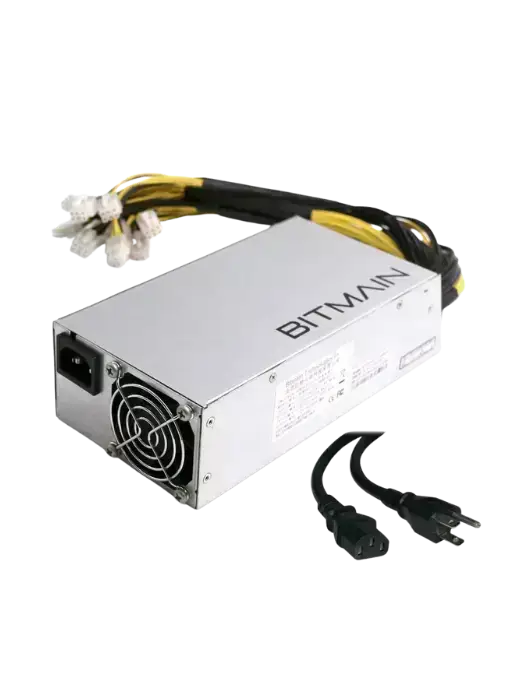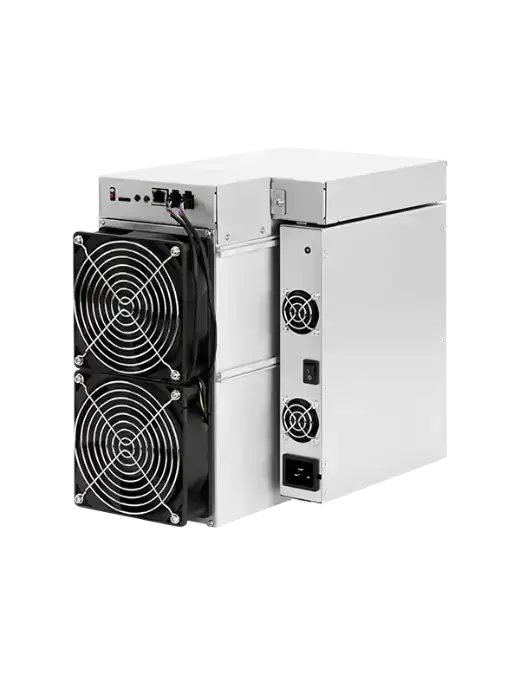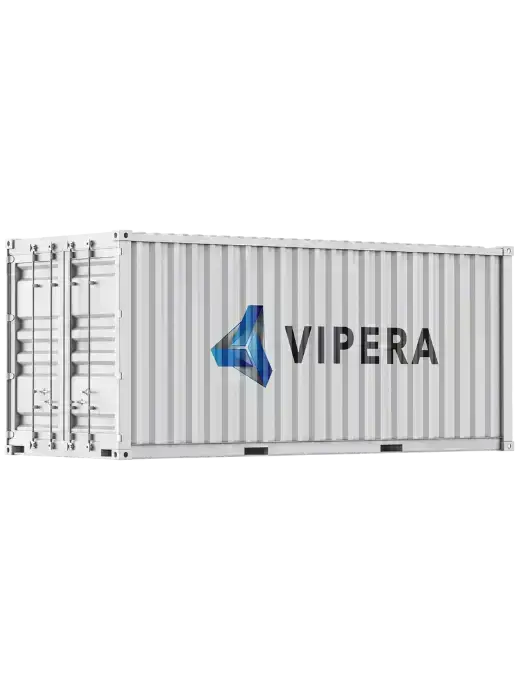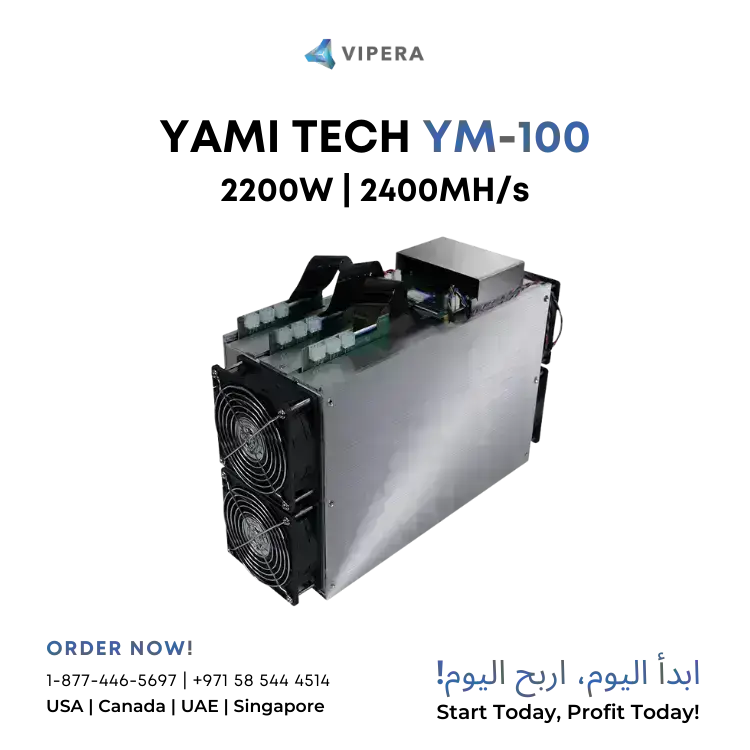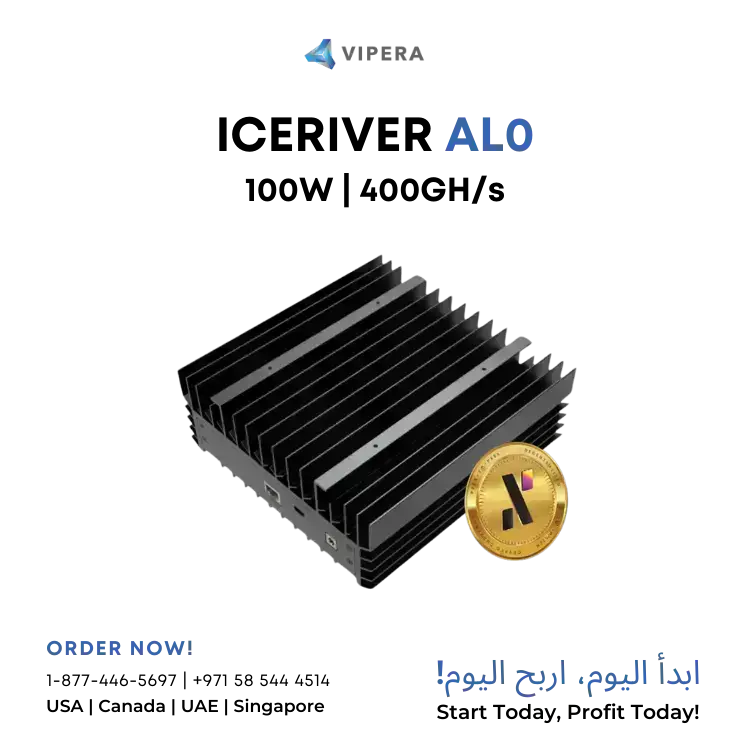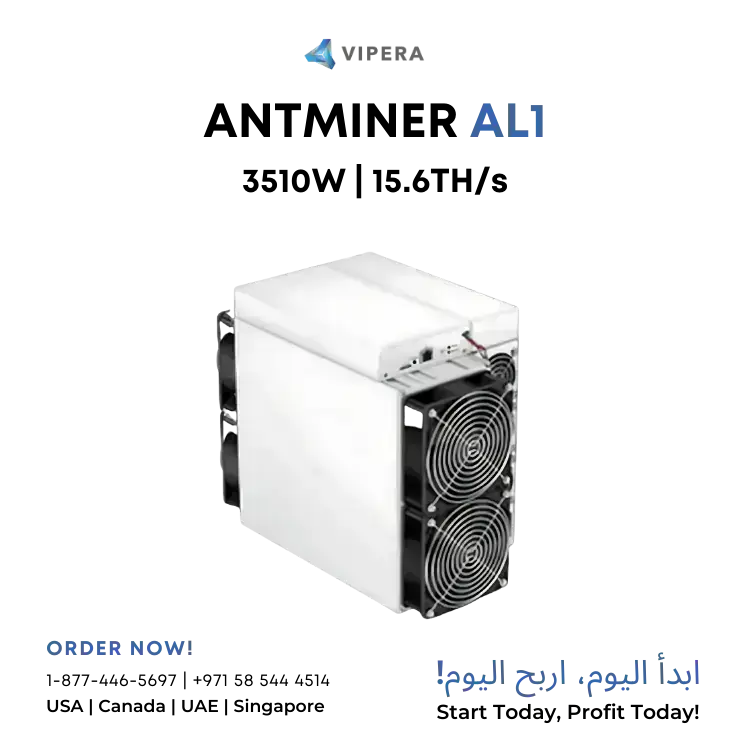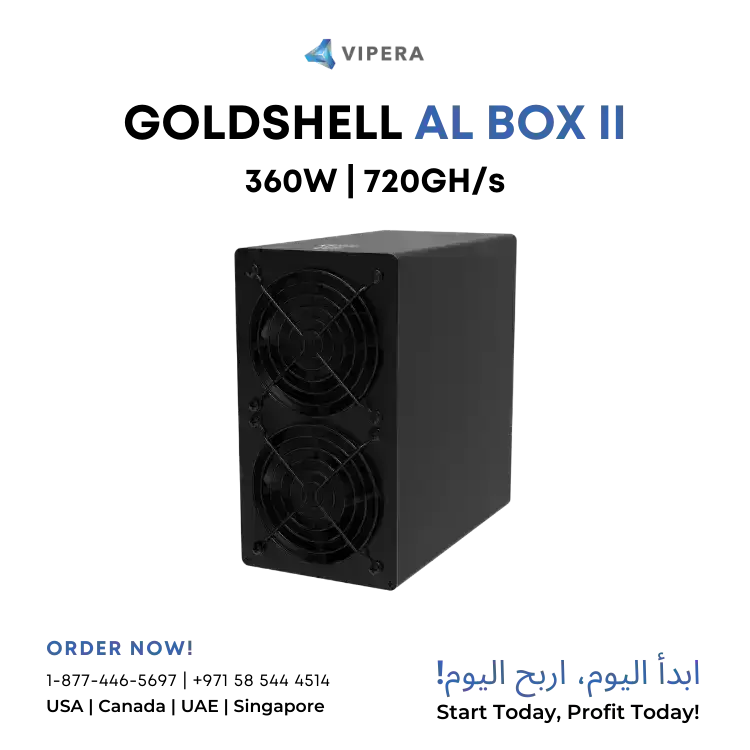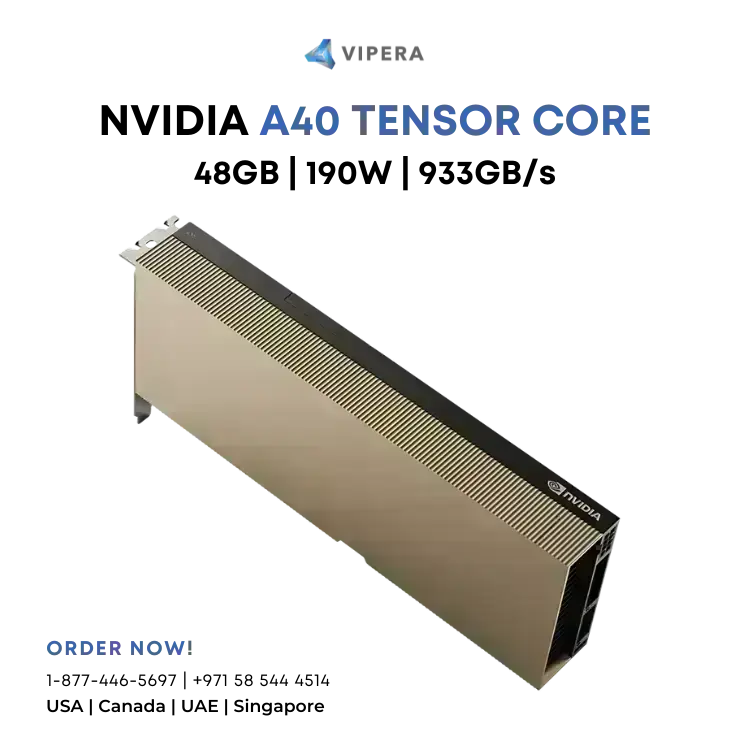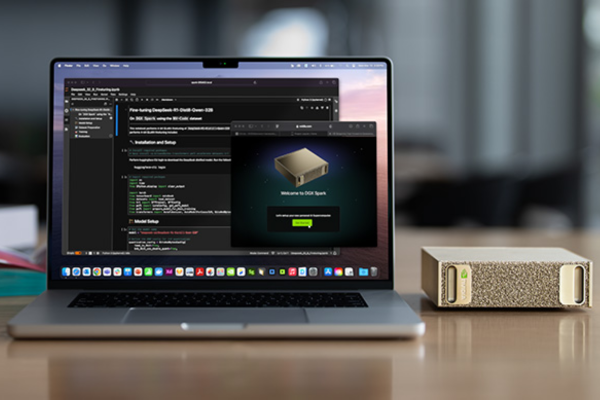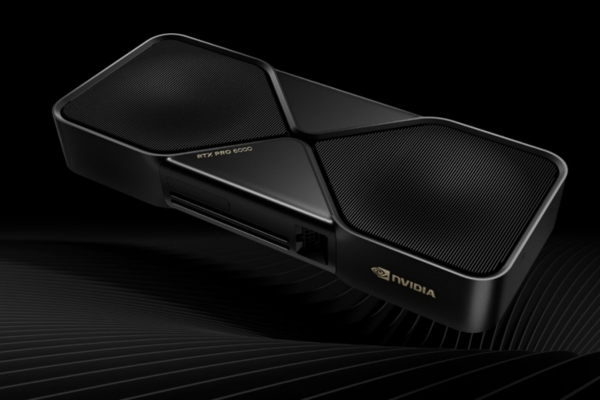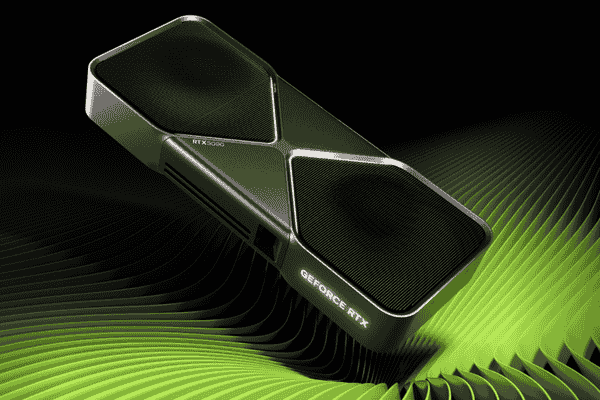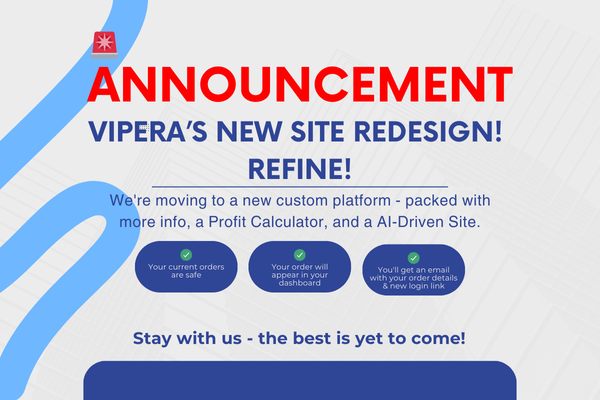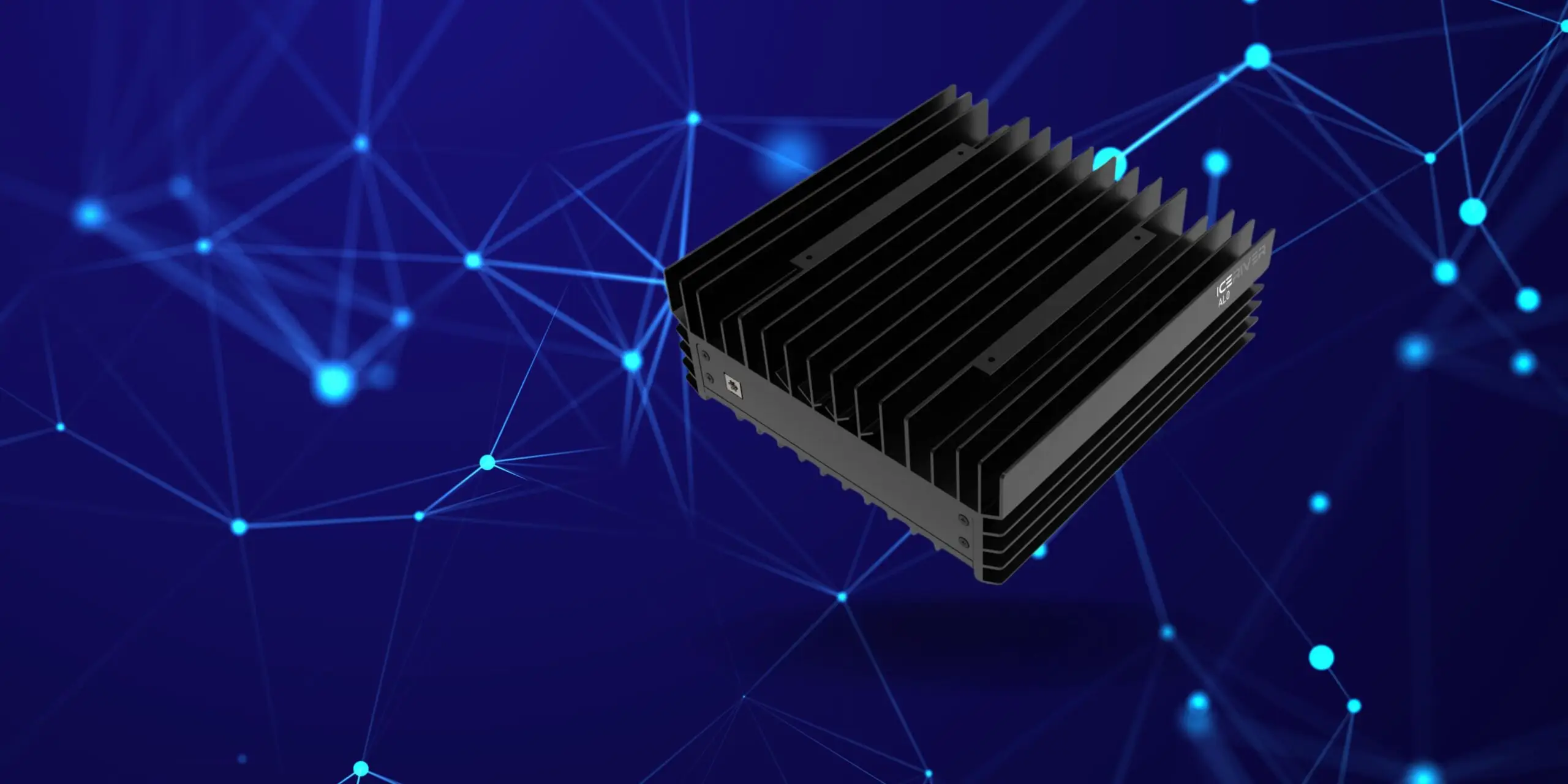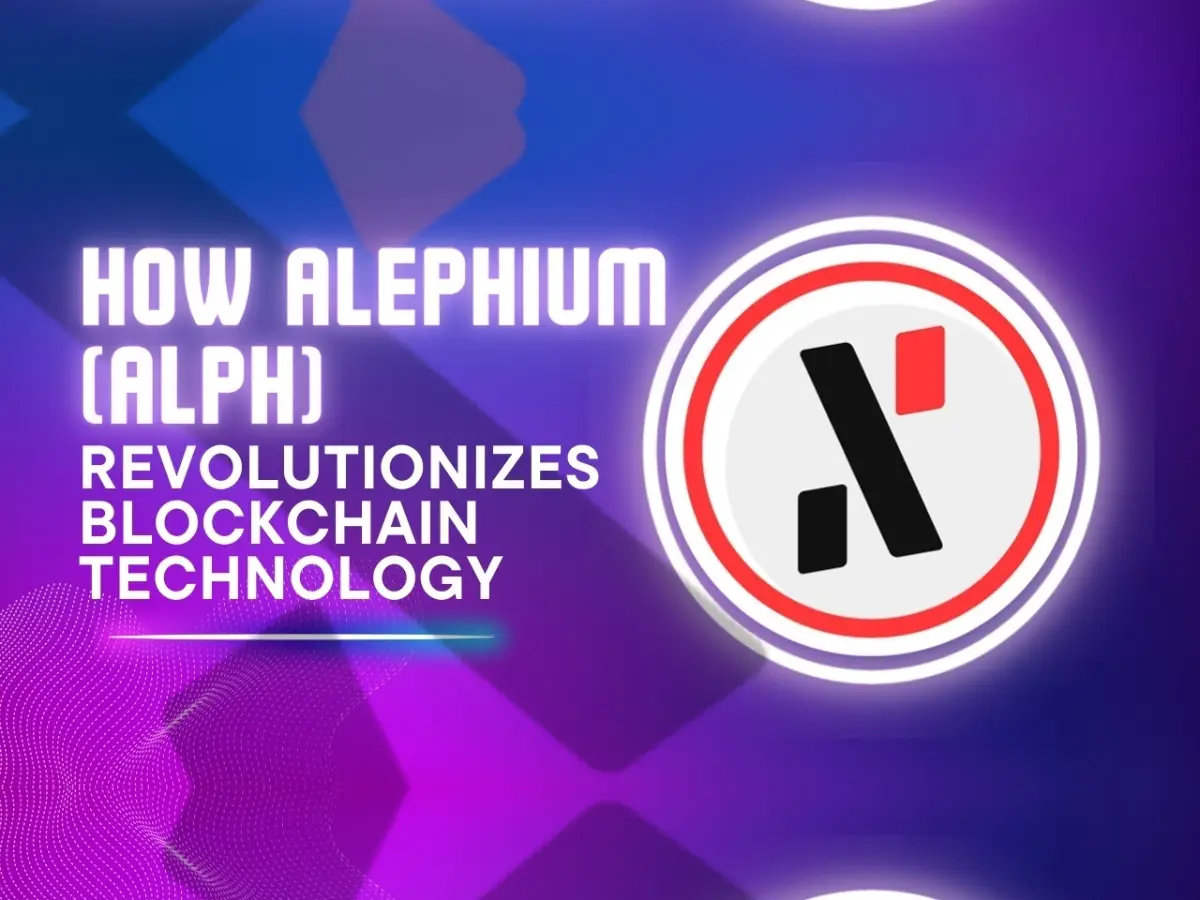The NVIDIA GeForce RTX 5090 is more than just a graphics card—it’s a transformative piece of technology that redefines the boundaries of gaming, AI, and professional computing. Leveraging the groundbreaking Blackwell architecture, the RTX 5090 offers an unprecedented blend of raw power, efficiency, and cutting-edge features.
Unprecedented Specifications
The RTX 5090 sets a new standard for GPUs and high-compute at the consumer level, featuring 92 billion transistors, a 70% increase compared to its predecessor, the RTX 4090. This massive leap in computational power is further complemented by:
24GB of GDDR7 memory for faster data throughput, enabling smooth performance in 4K, 8K, and even multi-display setups.
Core clock speeds exceeding 2.9 GHz, ensuring fluid gameplay and faster rendering for creative projects.
A 50% increase in memory bandwidth, designed to handle next-generation gaming and professional workflows with ease.

DLSS 4: Pioneering AI-Driven Graphics
Powered by Deep Learning Super Sampling (DLSS) 4, the RTX 5090 introduces unparalleled advancements in AI-based rendering. The new DLSS framework enhances frame rates and visual fidelity simultaneously, making 4K and 8K gaming a seamless experience.
This innovation not only boosts gaming performance but also enables developers to integrate cinematic realism into their games. AI-driven RTX Neural Shaders dynamically optimize lighting, shadows, and textures in real-time, bridging the gap between virtual environments and reality.
Real-Time Ray Tracing: A New Level of Realism
The RTX 5090 pushes ray tracing technology to the next level, delivering lifelike reflections, shadows, and global illumination. With twice the ray-tracing cores compared to the RTX 4090, the card ensures fluid performance in even the most demanding scenes, setting a new benchmark for visual fidelity in gaming and professional applications.
Efficiency Meets Power
While the RTX 5090 packs unprecedented performance, it is also designed with energy efficiency in mind. Utilizing NVIDIA’s 3rd-generation AI Tensor cores and advanced power management systems, the GPU maximizes output while maintaining lower power consumption.
Tailored for Diverse Workloads
From immersive gaming at ultra-high resolutions to professional AI and creative workloads, the RTX 5090 caters to diverse needs:
Gamers will enjoy higher frame rates and unparalleled graphical fidelity in AAA titles.
AI researchers can leverage the GPU’s massive computational power for deep learning and neural network training.
Content creators gain access to faster rendering times for 3D modeling, animation, and video editing.
Next-Gen Connectivity
The RTX 5090 features advanced I/O options, including PCIe 5.0 support and upgraded HDMI/DisplayPort standards, ensuring compatibility with the latest gaming monitors and VR headsets. These enhancements are designed to fully exploit the potential of high-refresh-rate displays and ultra-high-resolution output.

Redefining the Future
The NVIDIA RTX 5090 is more than just a hardware upgrade—it’s a quantum leap in technology that will reshape the landscape of digital content creation, AI, and interactive entertainment. Whether you’re a gamer, developer, or creative professional, the RTX 5090 promises to deliver an unmatched experience that pushes the boundaries of what’s possible.
Performance and Benchmarks
The NVIDIA GeForce RTX 5090 raises the bar for GPU performance, offering a quantum leap over the RTX 4090 in every measurable aspect. Early benchmarks reveal staggering improvements:
Up to 2x performance gains compared to the RTX 4090 in gaming, AI, and creative applications.
4K gaming at 240Hz becomes a reality, delivering smooth, ultra-responsive visuals even in the most demanding AAA titles.
8K 120Hz gaming, once a niche dream, is now practical for enthusiasts, with DLSS 4 ensuring optimized performance without sacrificing image quality.
For professionals, the RTX 5090 slashes project timelines across the board:
3D rendering speeds are significantly accelerated, enabling quicker iterations and more complex projects.
AI model training is boosted, allowing researchers and developers to tackle larger datasets with unmatched efficiency.
Video editing workflows benefit from faster encoding, real-time playback, and seamless handling of high-resolution footage.
Availability and Pricing
The RTX 5090 is slated for a late Q1 2025 release, but enthusiasts should prepare for intense demand, superseding even the 40 series launch as enterprise grade cards like the A100 and H100 have dried up globally. With limited early production runs, initial supply is expected to fall short of demand, driving up prices.
At Viperatech, our early estimates suggest:
OEM manufacturer models will start above $3,200 USD in the first and second production batches to be released. Retail outlets will NOT honor the suggested MSRP of $1,999, as has been the case in the last 3 series launches. Distributors have already tapped out on bulk orders ranging 3-6 months.
Founder’s Edition (FE) cards will command an even higher premium due to their exclusive build quality and branding, between $3,600 – $4,000 USD.
As production ramps up production in Q3 2025 to meet end of year budgetary spending and the holiday season, pricing may begin to stabilize slightly lower, but early adopters should anticipate paying a premium to secure this next-gen powerhouse.
A Future-Ready Investment
The RTX 5090 isn’t just a GPU—it’s an investment in the future of technology. Designed to handle the most demanding workloads across gaming, AI, and content creation, this GPU unlocks opportunities in emerging fields:
Powering real-time simulations and hyper-realistic game environments.
Accelerating generative AI model training for next-gen applications.
Enabling the design of digital twins and ultra-detailed virtual worlds for industries like architecture, automotive, and entertainment.
With its unmatched performance and advanced feature set, the RTX 5090 ensures that users are prepared for years of cutting-edge innovation.
Final Thoughts
The NVIDIA RTX 5090 is not just an evolution—it’s a revolution that is meeting the rapidly expanding HPC/AI industry head-on. Offering transformative performance and capabilities, it promises to redefine gaming, professional computing, and AI development. The Blackwell architechture is a quantum leap over it’s outgoing Lovelace counterpart, and while the initial premium pricing may deter some, those who invest early will gain access to a technological asset that is truly ahead of its time.
For gamers, AI/rendering professionals, organizations, institutions, cloud instance datacenters and innovators alike, the RTX 5090 is the ultimate tool to push boundaries and achieve the high-compute necessary to move forward.
You can reserve your Nvidia RTX 5090 FE here with Vipera, on sale now.
